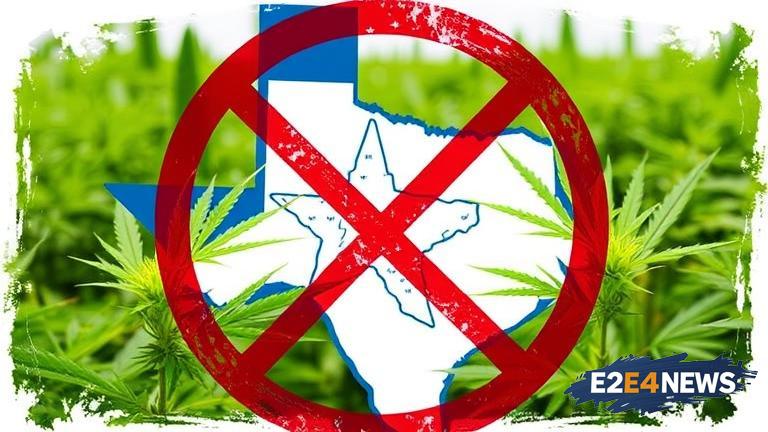The Texas legislature has recently passed Senate Bill 5 (SB5), which effectively bans the sale of hemp products containing more than 0.3% tetrahydrocannabinol (THC). This move has sent shockwaves throughout the hemp industry, with many businesses and consumers expressing concerns about the implications of this new law. The bill, signed into law by Governor Greg Abbott, aims to regulate the hemp market and prevent the sale of products that could potentially produce psychoactive effects. However, critics argue that the 0.3% THC limit is too restrictive and will stifle the growth of the hemp industry in Texas. Hemp products, including CBD oil, edibles, and vapes, have become increasingly popular in recent years, with many consumers using them for their potential health benefits. The new law will require hemp businesses to test their products for THC content and ensure that they comply with the 0.3% limit. Failure to comply could result in fines and even criminal charges. The Texas Department of State Health Services will be responsible for enforcing the new law and regulating the hemp industry. The agency will also be tasked with developing rules and guidelines for hemp businesses to follow. The passage of SB5 has sparked controversy, with some arguing that it will drive the hemp industry underground and lead to a black market for THC-rich products. Others argue that the law is necessary to protect public health and safety. The hemp industry has been growing rapidly in Texas, with many farmers and businesses investing in hemp production and processing. The new law could potentially disrupt this growth and lead to economic losses for those involved in the industry. Despite the challenges, some hemp businesses are already adapting to the new law and exploring ways to comply with the 0.3% THC limit. Others are calling for changes to the law, arguing that it is too restrictive and will harm the industry. As the hemp industry continues to evolve, it is likely that there will be ongoing debates and discussions about the regulation of THC-rich products. The Texas THC ban has also raised questions about the federal government’s role in regulating the hemp industry. The 2018 Farm Bill legalized the production and sale of hemp products at the federal level, but individual states are still free to regulate the industry as they see fit. The passage of SB5 in Texas highlights the need for clearer federal guidelines and regulations on the hemp industry. In conclusion, the Texas THC ban has significant implications for the hemp industry, and it will be important to monitor the situation as it continues to unfold. The law has the potential to disrupt the growth of the industry and lead to economic losses, but it also highlights the need for clearer regulations and guidelines on the production and sale of hemp products.
